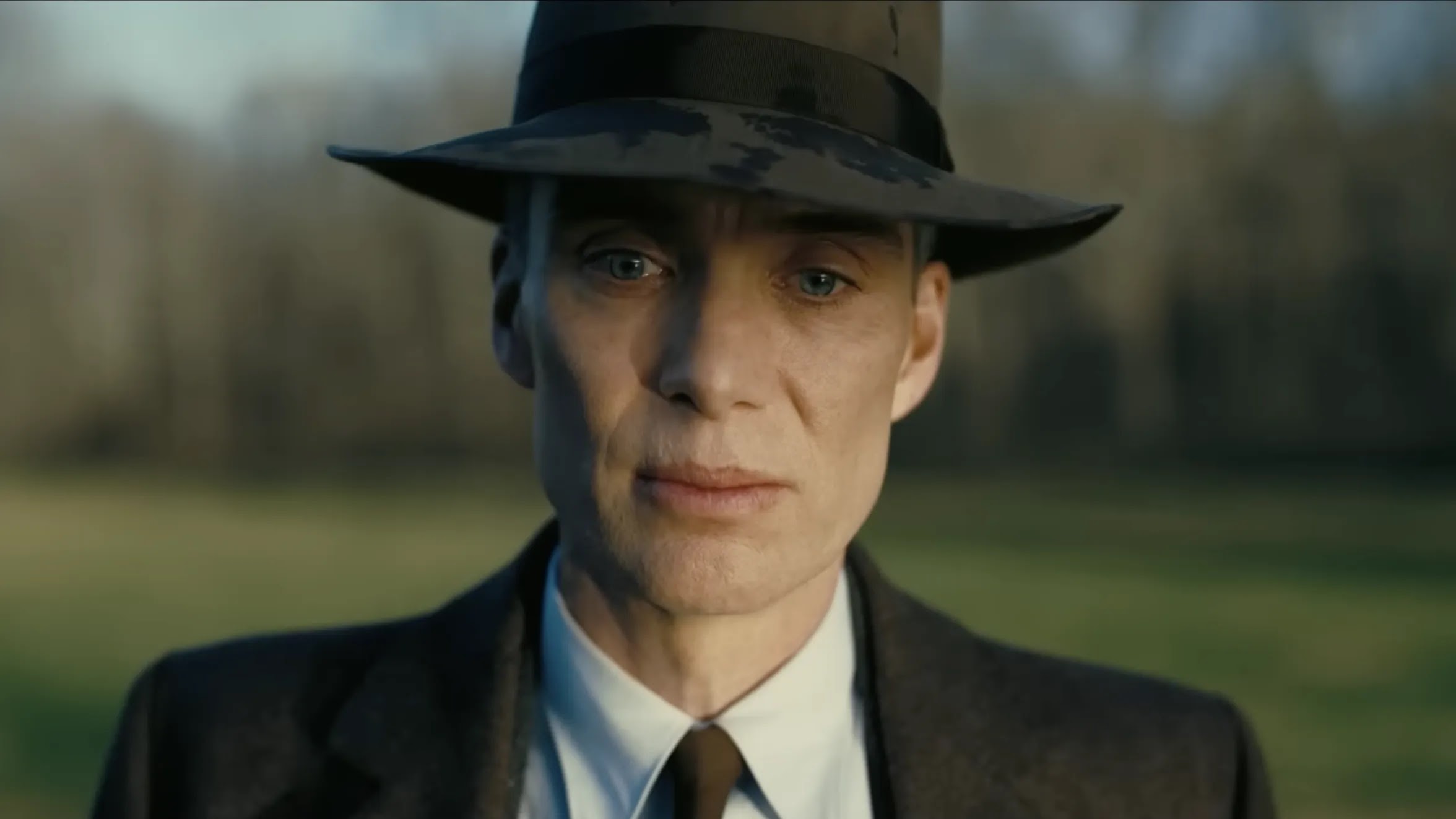Oppenheimer - reinventing the biopic
Oppenheimer by Christopher Nolan is definitely a film hard to describe without tampering with the perception of it for those who have not seen it yet: it could very well be the film of the century, but describing it as such could create unsormountable expectations for a potential viewer. It is nonetheless the most unique mainstream film of 2023 so far, that includes Scorsese's Killers of the Flower Moon.
On the surface, the film follows the general structure of biopics about historical figures related to the Second World War. A constant non-linearity encompasses the entire life experience of the character, certainly starting from an event that occurs later in life - a good example is Morten Tydlum's The Imitation Game. Yet, The perception is totally different. A quick-cut edit that further complicates the structure in an irregular order makes the film feel like an explosion of fragments, intertwined but heterogeneous. Nolan's editing and use of black and white is at its most experimental, as is his staging, which never was more raw and explicit. It is, without exaggeration, one of his most artistically involved and elevated films, seconded only by Interstellar - with which it does not share the awe and grace, but that is a result of the subject.Sure, it is a very dialogue-based film, but it does not feel expositional, or, as some would dub it, "didactic". The dialogues are rather part of the cluster of sounds and images that bombard the viewer from start to finish. The impressive cast does not feel overweightened either, with oscar-winner actors strategically collocated throughout the narrative even in small, one-scene-long roles. Robert Downey Jr. hasn't been as lively for a decade, Cillian Murphy delivers the intensity he promised. Nolan is often accused of being a filmmaker that has difficulty in representing a realistic intimacy, but he manages in his own way through this film.
With characters so often associated with the epythet of "war hero", J. Robert Oppenheimer's portrayal was bound to the risk of an elegiastic, celebrational one. Yet, his empty gaze is no less enigmatic by the end of the film as it was at its opening. His contemplation of the horrors he unleashes is impenetrable, his thoughts and motives never fully certain. In no way Nolan victimises Oppenheimer - at least, not entirely.
If Interstellar already seemed to provide a peak, Oppenheimer might have reached a control of form and content that cannot avoid turning Christopher Nolan in a proper autheur at the eyes of his harshest critics either. For Oppenheimer is certainly not a work of entertainment as much as an art film on a massive scale, one that we have not seen for years.



Comments
Post a Comment